Libya
Human Rights Watch on Thursday said it has called on the Government of National Unity (GNA) in Libya to investigate the disappearance of hundreds of residents of the city of Tarhouna, where several mass graves have been discovered since the summer.
The city, located 80 kilometers from the Libyan capital, suddenly came out of anonymity in June after mass graves were discovered, which "horrified" the United Nations.
Some 120 bodies have been removed from the 27 mass graves identified at this stage, HRW said on its website, asking the GNA to investigate "what happened to the missing inhabitants".
The first discovery came the day after the departure of the forces of Marshal Khalifa Haftar, a strongman from eastern Libya, who tried in vain from April 2019 to conquer Tripoli, where the UN-recognized GNA is headquartered.
The city has since come under the control of pro-government forces.
"At least 338 Tarhouna residents were reported missing after the local Al-Kani militia, known as Kaniyat, took control of the city in 2015," the NGO said Thursday, referring to the authority in charge of exhuming the bodies.
Residents told the NGO that the militia, allied with Khalifa Haftar, "abducted, detained, tortured, killed and often disappeared people who opposed it or were suspected of doing so.
Libyan authorities told HRW that they have not yet identified the bodies found in mass graves.
They should "take appropriate measures to identify the bodies and bring those responsible for abuses to justice," said Hanan Salah, HRW researcher on Libya.
The Kaniyat militia and its leader Mohamed al-Kani were punished in November by U.S. authorities for "torturing and killing civilians during a cruel campaign of oppression in Libya.
These sanctions involve the freezing of their assets in the United States and the prohibition of transactions with them within the American banking system.
Libya has been plunged into violence since the NATO-supported uprising that toppled Muammar Gaddafi's regime in 2011.
The GNA, backed by Turkey, and Marshal Haftar, supported by the UAE and Russia among others, signed a ceasefire agreement in October.
In November, Libyan officials from all sides agreed to hold national elections in December 2021.




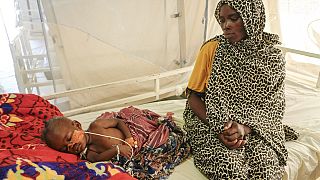
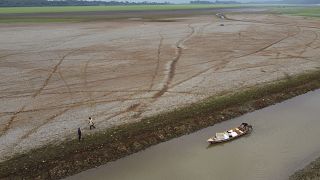
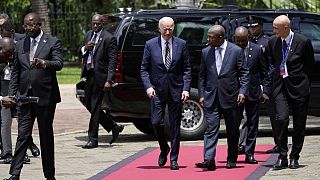
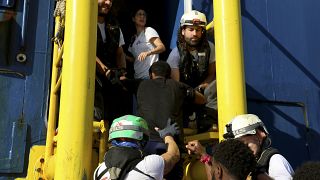
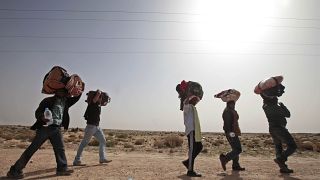
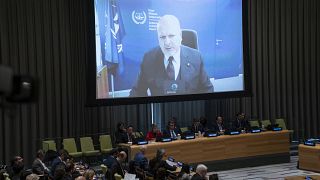
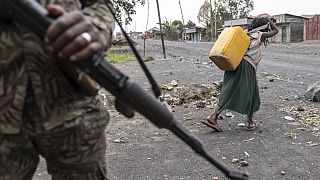
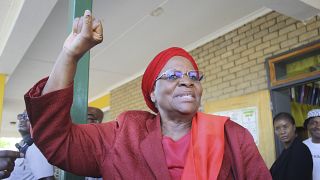
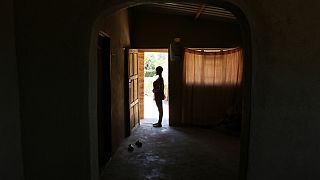
Go to video
Coral reefs at risk: Urgent action needed to prevent collapse
Go to video
10 children killed in Mozambique election protests: HRW
01:48
Meet one of the teams patrolling Senegal's waters to rescue migrants on small boats
01:28
Protesters demand rich countries pay fair share in climate finance amid COP29 negotiations
Go to video
Burkina: Civilians needlessly exposed to danger, according to HRW
01:04
AFCON 2025: Nigeria awarded victory by forfeit after being stranded in Libyan Airport